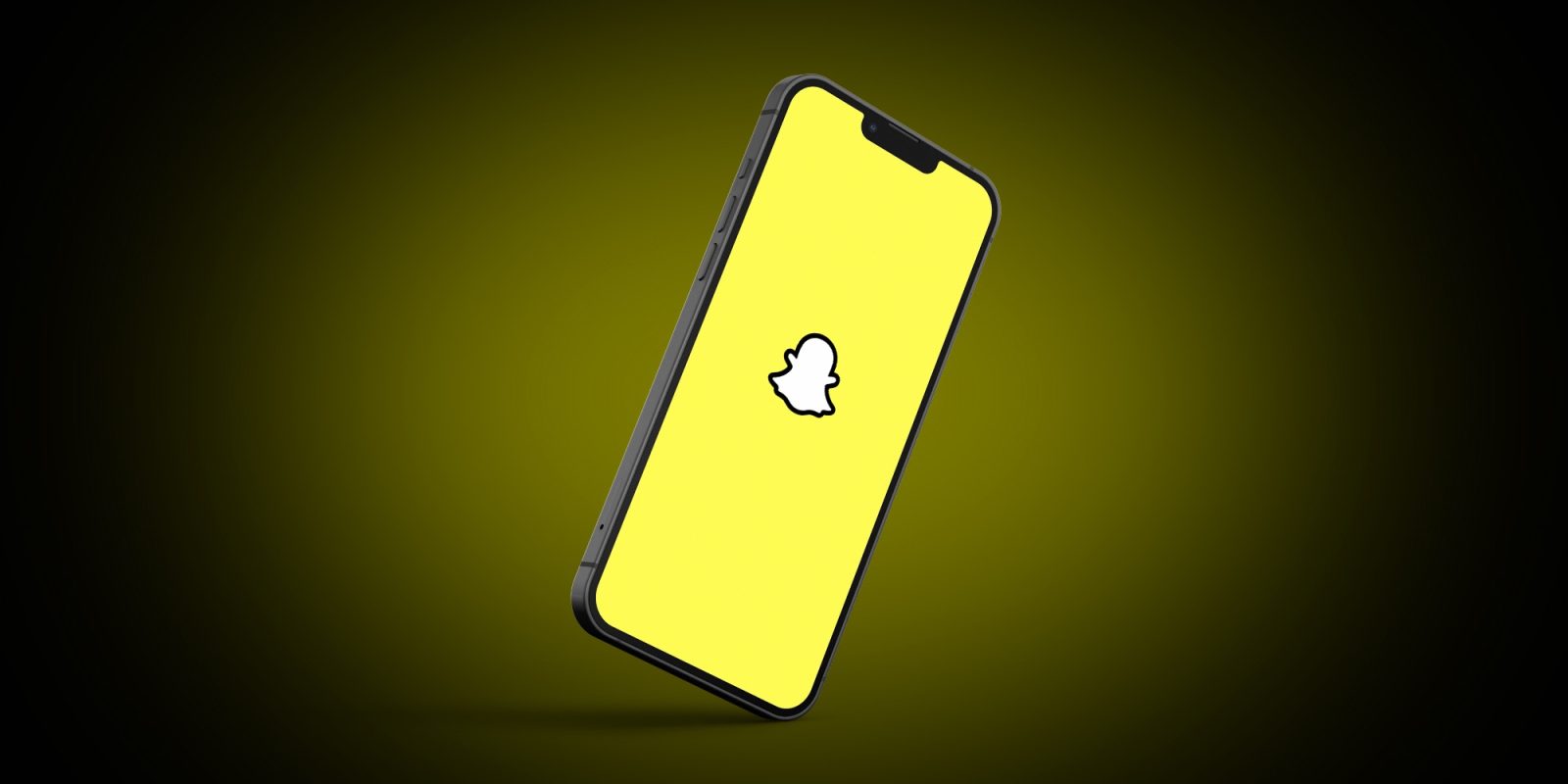
Refurbished iPhones can be bought from various sellers, and they’re also used for AppleCare device replacements. In normal circumstances, a device’s prior owner should have no impact on your experience with a refurbished iPhone. But that’s not always the case. As one user has outlined, it’s possible for a prior owner’s social media ban to carry over and impact a new device owner. And currently, there’s no known fix.
Routine iPhone replacement leads to surprise ban
This is a wild story, to say the least. Finn Voorhees, an app developer and blogger, has written about his recent experience getting an iPhone replacement.
Voorhees dropped his iPhone down a flight of stairs, resulting in damages that warranted a full device replacement. After getting the replacement device, he started setting it up. That’s when he hit a curious limitation.
After restoring from a backup and beginning to log back into all my accounts, I encountered an unexpected problem. When trying to log in to Snapchat, I received an “SS06: Device Banned” error message. This was surprising, as I had no issues signing in on a different device. According to Snapchat’s support documentation, the SS06 error code indicates that the device has been banned due to abuse or repeated violations of their Community Guidelines. The support document also stated that Snapchat Support cannot unban a device once it has been banned. I began to suspect that Apple had given me a refurbished iPhone as a replacement, and the previous owner had been banned for violating Snapchat’s guidelines.
Voorhees did some digging, drawing on his experience as an Apple developer, and came across the DeviceCheck framework. This framework served to explain the very unfortunate situation he found himself in.
As Voorhees outlines, DeviceCheck lets apps check certain device data that will “persist across app deletions, reinstalls, factory resets, and even device transfers between users.” Apple provides this tool primarily as a way for developers to protect against fraud.
Snapchat support was unhelpful when Voorhees contacted them, but after talking to Apple Support, he was offered yet another new replacement iPhone—barring any other known solution.
Apple Support even told him this “was a new issue they hadn’t encountered before.”
Being punished for a prior user’s actions
The rarity of this occurrence means it’s probably not something you need to worry about.
However, developers like Snapchat could reconsider their use of the DeviceCheck framework—and Apple may want to reassess how the framework functions in the first place.
When you get your iPhone replaced by Apple, or buy a refurbished iPhone, you should be able to assume it will work basically like new. There should be total peace of mind about what you’re getting.
Suffering the consequences for a prior owner’s actions is not at all what Apple wants for its customers. You should never be punished for someone else’s app activity. And Apple’s progress on device longevity is threatened by possibilities like this.
Voorhees’ story is a rare one, but there is potential for it to become more commonplace over time.
Have you ever encountered a situation like this? Or heard of someone who has? Let us know in the comments.
FTC: We use income earning auto affiliate links. More.




Comments